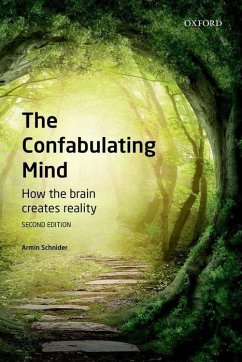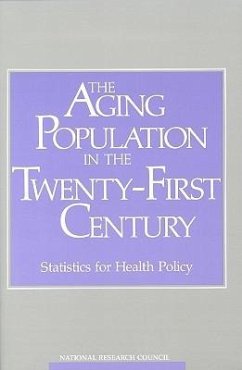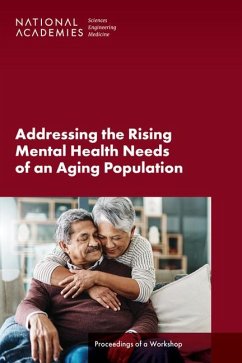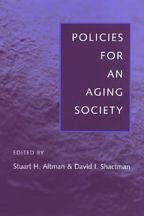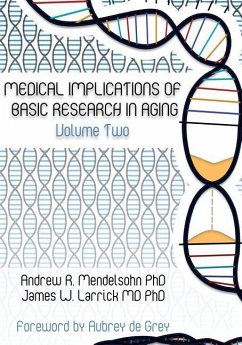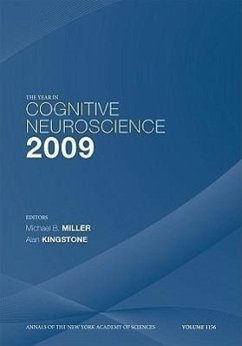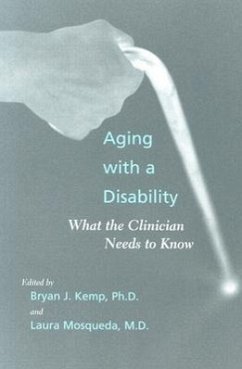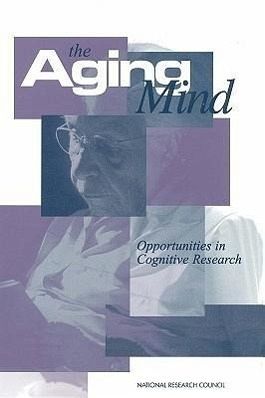
The Aging Mind
Opportunities in Cognitive Research
Herausgeber: Carstensen, Laura L; Stern, Paul C
Versandkostenfrei!
Versandfertig in über 4 Wochen
51,99 €
inkl. MwSt.

PAYBACK Punkte
26 °P sammeln!
Exciting new research has yielded potential breakthroughs in our understanding of how the mind ages. We have learned, for example, that as we age, cognitive decline may depend less on loss of brain cells' age than on changes in the health of neurons and neural networks. Not only has research shown promise of new ways to promote cognitive functioning in older people, it has also revealed the link between biology and culture as determinants of cognitive functioning. Past life experiences, present living situations, changing motives, cultural expectations, physical health status, and sensory-moto...
Exciting new research has yielded potential breakthroughs in our understanding of how the mind ages. We have learned, for example, that as we age, cognitive decline may depend less on loss of brain cells' age than on changes in the health of neurons and neural networks. Not only has research shown promise of new ways to promote cognitive functioning in older people, it has also revealed the link between biology and culture as determinants of cognitive functioning. Past life experiences, present living situations, changing motives, cultural expectations, physical health status, and sensory-motor capabilities are all factors in how we adapt to changes in our nervous system as we age -- and may affect the brain itself. On the basis of these exciting findings, this book makes specific recommendations for federal support of major research initiatives in three areas: neural health, cognition in context, and structure of the aging mind. These lines of research hold significant promise for breakthroughs in understanding and for yielding effective new ways to maintain cognitive functioning in older people by intervening technologically, medically, or in people's life situations.



